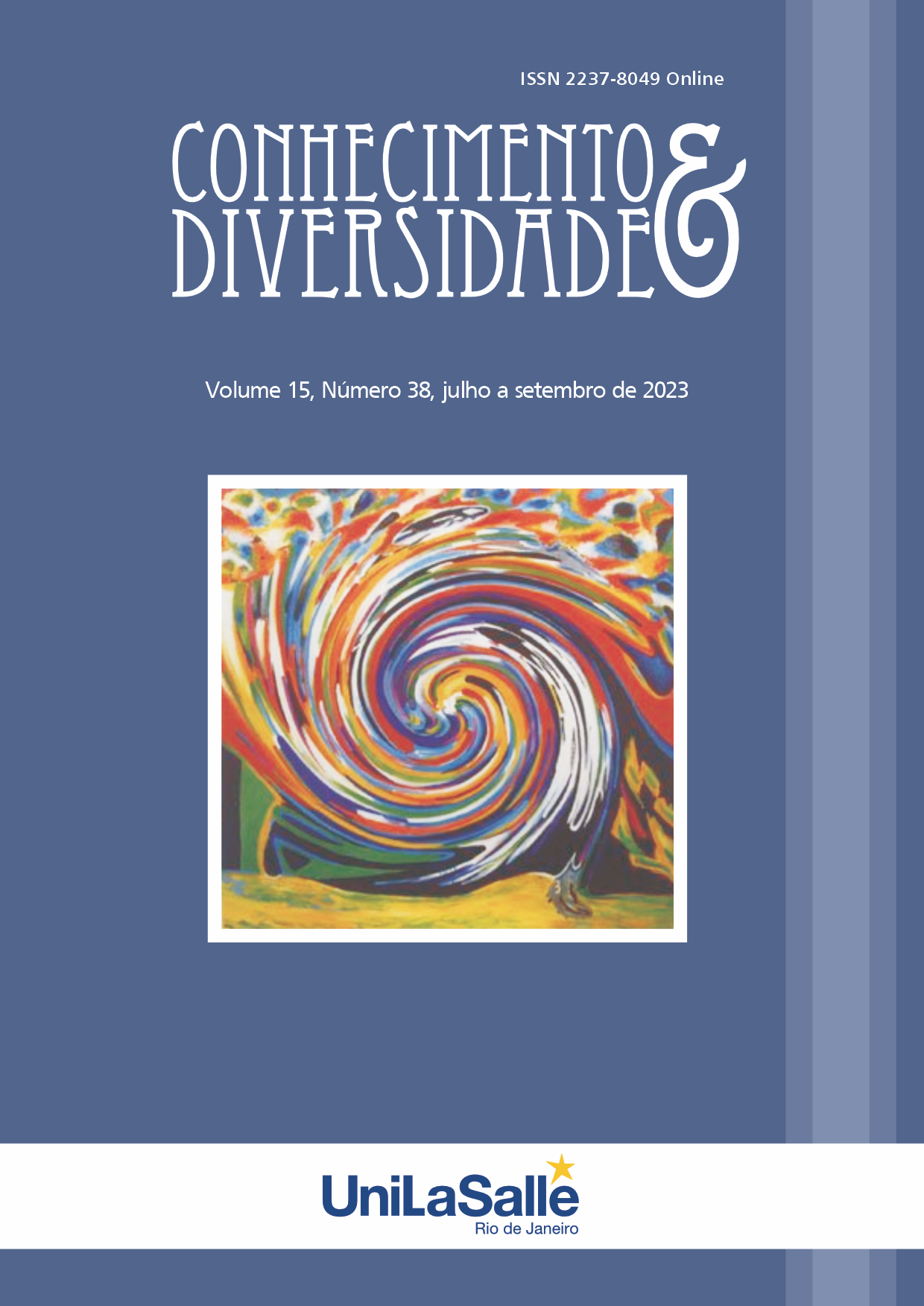SOCIOLOGICAL AND PEDAGOGICAL PERSPECTIVES IN HIGHER EDUCATION:
RELATIONSHIP BETWEEN THE EDUCATIONAL ENVIRONMENT AND APPROACHES IN CONTEMPORARY HIGHER EDUCATION
DOI:
https://doi.org/10.18316/rcd.v15i38.11026Palabras clave:
Interrelation of education and upbringing in higher education, Social perspectives of the social humanistic approachResumen
The paper explores the relationship between the educational environment and pedagogical approaches in contemporary universities. The study emphasizes the need for further research on the contribution of each of these aspects to the dynamism and flexibility of the educational environment, as well as the professionalism of educators. Particular attention is paid to the input of teachers in all areas of education both in the theoretical and empirical sense. The article also highlights the changes that stimulate the interrelation of all spheres of education and focuses on the inner differentiation of the vocational and upbringing aspects. This approach supports the unity of vocational and pedagogical culture in higher education. In addition, the study addresses the sociological perspectives in higher education in the context of its interaction with pedagogy and sociology, emphasizing the role of the latter in personality development. Particular attention is paid to the meaning of upbringing and scientific education in contemporary universities as active instruments affecting conviction in the necessity of education, especially in the light of recent research.
Citas
Dweck, C. (2006). Mindset: The new psychology of success. New York: Random House Publishing Group.
Faure, E., Herrera, F., Kaddoura, A.-R., Lopes, H., Petrovsky, A. V., Rahnema, M., & Ward, F. C. (1972). Learning to be: The world of education today and tomorrow. Paris: UNESCO.
Fischer, C., Rott, D., Veber, M., Fischer-Ontrup, C., & Gralla, A. (2014). Individuelle Förderung als schulische Herausforderung [Individual support as a challenge for schools]. Bonn: Bonner Universitäts-Buchdruckerei, 133 p.
Hattie, J. A. C. (2008). Visible learning: A synthesis of over 800 meta-analyses relating to achievement. Abingdon: Routledge.
Jennings, P. A., & Greenberg, M. T. (2009). The prosocial classroom: Teacher social and emotional competence in relation to student and classroom outcomes. Review of Educational Research, 79(1), 491-525. https://doi.org/10.3102/0034654308325693
Maslow, A. H. (1943). A theory of human motivation. Psychological Review, 50(4), 370-396.
Rogers, C. R., & Freiberg, H. J. (1994). Freedom to learn. (3rd Ed). Columbus: Merrill/Macmillan.
Senatorin für Wirtschaft, Arbeit und Europa [Senator for Economic Affairs, Labor and Europe]. (2023). Fachkräftestrategie für die Freie Hansestadt Bremen [Skilled labor strategy for the Free Hanseatic City of Bremen]. Retrieved from https://www.wirtschaft.bremen.de/sixcms/media.php/13/Fachkraeftestrategie2023_einspaltig.pdf
Taratuhina, Y., & Bleskina, I. (2017). Basic aspects of teaching and learning in a cross-culture environment. Moscow: Janus-K, 180 p.
Von Humboldt, G. G. W. (1994). Perspektivy: Voprosy obrazovaniia. Vol. 2. Mysliteli obrazovaniia [Thinkers on education]. Z. Morsy (Ed.), No. 3/4(87/88), 243–256. Moscow: Progress.
Vygotsky, L. S. (1978). Mind in society. Cambridge: MIT Press.
Vygotsky, L. S. (1998). The collected works. Vol. 5. New York: Plenum.
Wertsch, J. V. (1985). Vygotsky and the social formation of mind. Cambridge: Harvard University Press.
Descargas
Publicado
Número
Sección
Licencia
Derechos de autor 2023 Ludmila Gadzaova, Elena Goverdovskaya, Raisa Buralova, Tatyana Dagaeva, Ramisa Mutushanova, Diana Tomaeva

Esta obra está bajo una licencia internacional Creative Commons Atribución 4.0.
Tal como recomienda el Public Knowledge Project, RCD adopta para sus artículos una licencia CREATIVE COMMONS: Attribution CC BY 4.0
Esta licencia permite que otros distribuyan, remezclen, adapten y desarrollen su obra, incluso con fines comerciales, siempre que le atribuyan a usted el mérito de la creación original.
Esta es la licencia más adecuada que se ofrece.
Recomendado para la máxima difusión y utilización de los materiales bajo licencia.



